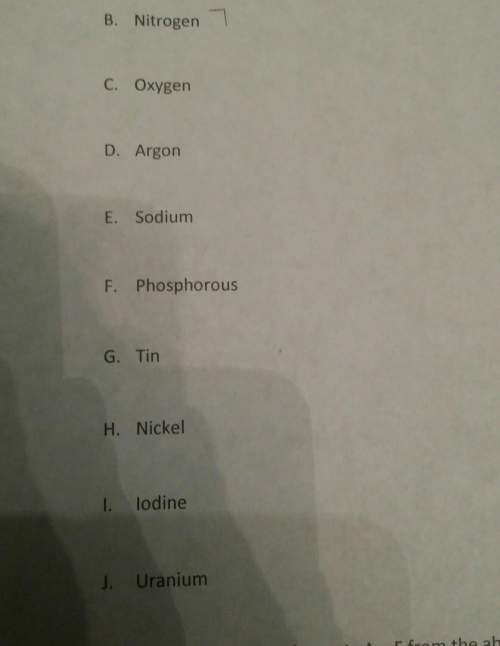Consider the following system at equilibrium:
N2(g) + 3H2(g) <--> 2NH3 (g)
What will ha...

Consider the following system at equilibrium:
N2(g) + 3H2(g) <--> 2NH3 (g)
What will happen to this system if 1.00 mol N2 is suddenly added?
a. The sudden change in the amount of N2 increases the rate in the reverse direction to compensate and produce more H2.
b. The additional collisions between N2 and H2 molecules increases the rate in the forward direction and produces more NH3
c. As the concentration of NH3 increases, equilibrium shifts to the left and increases H2 concentration.
d. The concentrations of each molecule would increase relative to the original amount present.

Answers: 2
Other questions on the subject: Chemistry

Chemistry, 22.06.2019 04:30, only1cache
When the water vapor cools it condenses select a number that represents his process on the
Answers: 3

Chemistry, 22.06.2019 05:30, madisonrosamond99
Astudent carefully transfers 30 g of water and 30 g of alcohol in a glass tube, forming two layers and filling the tube completely. after sealing the tube, the student mixes the solutions, and notices a bubble that forms in the tube. what is the mass of the contents in the glass tube after mixing?
Answers: 2


Chemistry, 22.06.2019 23:30, hcllxxhhlpcj
Rank substituents in order of their priority when assigning the e or z label to an alkene. i, ch2i , h, ch2ch2cl, f
Answers: 2
Do you know the correct answer?
Questions in other subjects:




Mathematics, 24.09.2019 00:10

Mathematics, 24.09.2019 00:10

Biology, 24.09.2019 00:10




Mathematics, 24.09.2019 00:10







